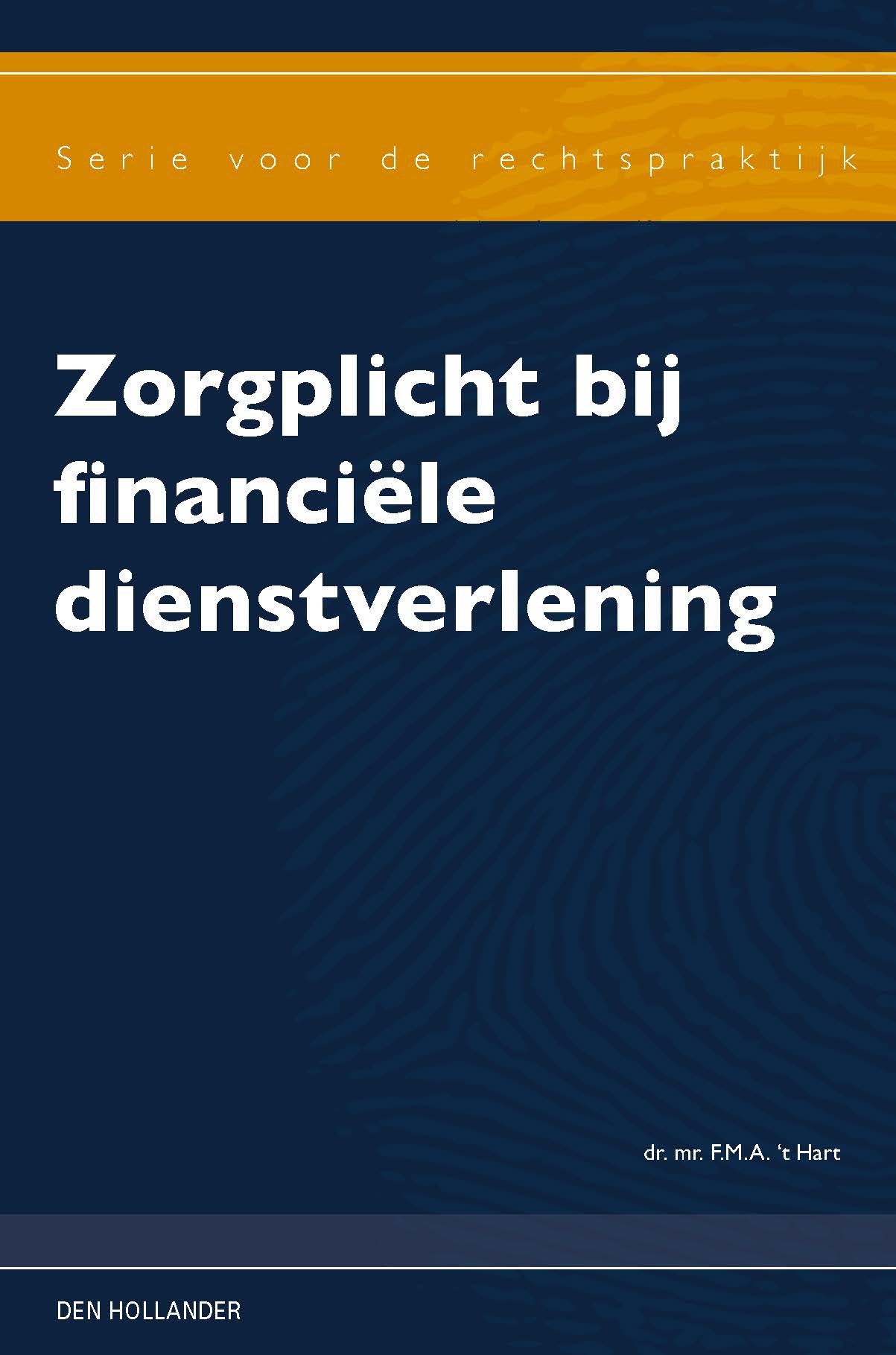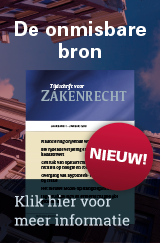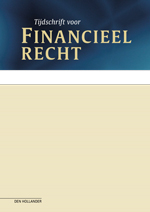‘The Way’ Forward: Islamic law and financial structures
Paul Vine, Remco Smorenburg, Alexandra Schaafsma and Floortje Nagelkerke
1. Introduction
1.1. Islamic banking assets are estimated to be worth around
$1 trillion worldwide and have to be considered as part of
any serious banking strategy. In the current economic climate
the financial world is looking, more than ever, to alternative
forms of financing in order to structure transactions.
Liquidity in the Middle-East and changes to tax legislation
in countries such as the United Kingdom have triggered a
demand for Shariah compliant financing as an
Artikel kopen € 79,00 excl. BTW
In plaats van abonneren kunt u dit artikel ook afzonderlijk kopen.
increasing
number of Muslims have sought to invest their wealth without
breaching the strictures of Islam.
1.2. Although these structures have been used in certain
countries for some time now, the Netherlands has yet to
realise their full potential. In the retail sector in the UK, the
Islamic mortgage market is now worth over £ 0.5 billion a
year and Shariah compliant banks now have more than
40 000 customers.1 In the UK wholesale sector, according
to Moody’s Investor Services, Islamic banking assets have
been growing at a rate of just under 20% a year since 2000
and 4 Shariah compliant investment banks are registered
with the UK Financial Services Authority. In addition to
these banks there are around 20 banks in the UK which
provide Shariah compliant products alongside their conventional
services.
1.3. By contrast, we do not believe that there are any Shariah
compliant banks in the Netherlands although most readers
will be aware of the Dutch Central Bank and AFM view2
that the Dutch regulatory framework needs only relatively
small amendments in areas such as market access, management,
capital requirements and mis-selling to fully cater for
Islamic Finance structures. On the retail side, whilst there
have been limited retail products, there have been no Islamic
mortgages or similar mass products as yet, even though approximately
1 000 000 Muslims live in the Netherlands.
And in the wholesale markets for Islamic finance, the
Netherlands is yet to fully capitalise on its position as an
international finance and trading hub.
1.4. Our view is that it is only a matter of time until the
Dutch market starts to fully take advantage of Islamic Finance
opportunities and this article explores the fundamental
elements of the field.
U heeft op dit moment geen toegang tot de volledige inhoud van dit product. U kunt alleen de inleiding en hoofdstukindeling lezen.
Wanneer u volledige toegang wenst tot alle informatie kunt u zich abonneren of inloggen als abonnee.




